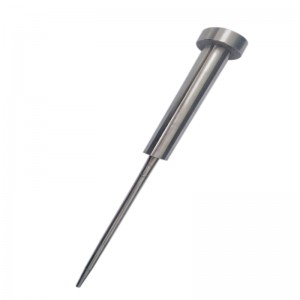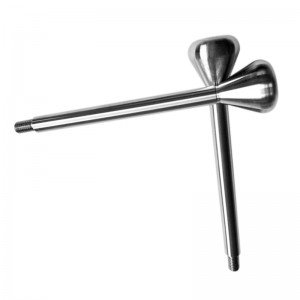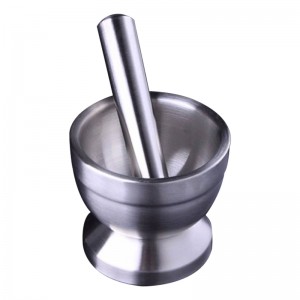Metal Grinding AND Lapping Services
Daohong is known for our high-precision grinding and lapping services, which allow us to achieve sub-micron level tolerances and surface finishes unmatched by our competitors. Our ability to provide these services extends to tubes and wire with diameters almost too small to see.
What Is Centerless Grinding?
With centerless grinders, a workpiece is supported by a work rest blade and set between a hard vitrified regulating wheel that rotates the workpiece and a rotating grinding wheel. Centerless grinding is an OD (outer diameter) grinding process. Unique from other cylindrical processes, where the workpiece is held in the grinding machine while grinding between centers, the workpiece is not mechanically constrained during centerless grinding. Therefore the parts to be ground on a centerless grinder do not need center holes, drivers or workhead fixtures at the ends. Instead, the workpiece is supported in the grinding machine on its own outer diameter by a workblade and by the regulating wheel. The workpiece is rotating between a high-speed grinding wheel and a slower speed regulating wheel with a smaller diameter.
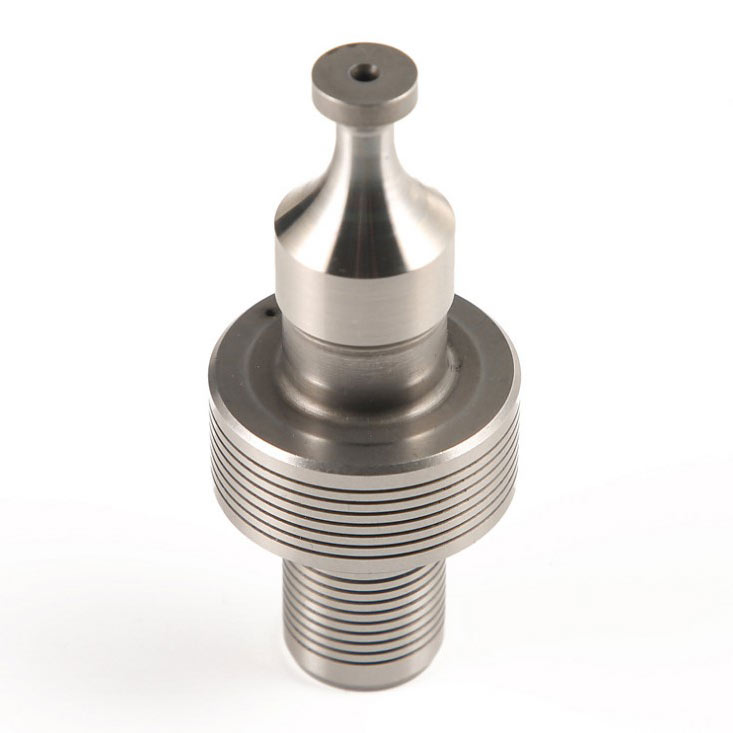
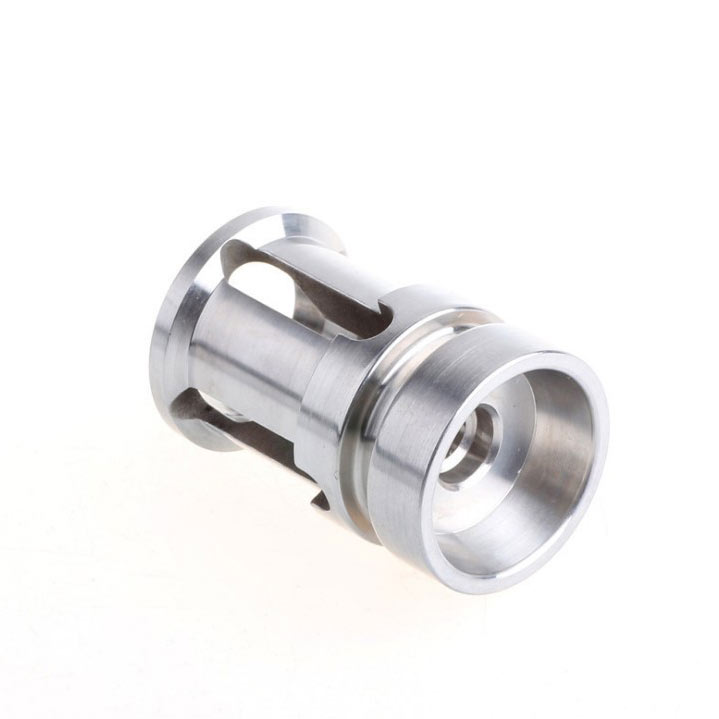
Precision Surface Grinding Services
Surface grinding is an important capability that allows us to produce a unique range of products, achieving micron level tolerances and surface finishes down to Ra 8 microinch.
What Is Between Centers Grinding?
A between centers or cylindrical grinder is a type of grinding machine used to shape the outside of an object. The grinder can work on a variety of shapes, however, the object must have a central axis of rotation. This includes but is not limited to such shapes as a cylinder, an ellipse, a cam, or a crankshaft.
Where Does Between Centers Grinding Occur On A Workpiece?
Between centers grinding is grinding occurring on an external surface of an object between the centers. In this grinding method the centers are end units with a point that allows the object to be rotated. The grinding wheel is also being rotated in the same direction when it comes in contact with the object. This effectively means the two surfaces will be moving in opposite directions when contact is made which allows for a smoother operation and less chance of a jam up.
Custom Metal Grinding Features
Our combination of plunge, surface, and CNC profile grinding can efficiently produce complex multi-axis geometries on difficult-to-machine metals with surface finishes unavailable from machining centers. Complex profiles, forms, multiple tapers, narrow slots, all angles, and pointed metal parts are all produced with speed and accuracy.
Full Service Metal Grinding Center
Our full-service metal grinding center includes:
● 10 centerless grinders
● 6 plunge/profile grinders
● 4 surface grinders
About Precision Grinding Services
● Offering unmatched grinding tolerances down to ±0.000020” (±0.5 μm)
● Ground diameters as small as 0.002″ (0.05 mm)
● Ground surface finishes as smooth as Ra 4 microinch (Ra 0.100 μm) on both solid parts and tubes, including thin wall tubing, long length components, and wire diameters as small as 0.004” (0.10 mm)
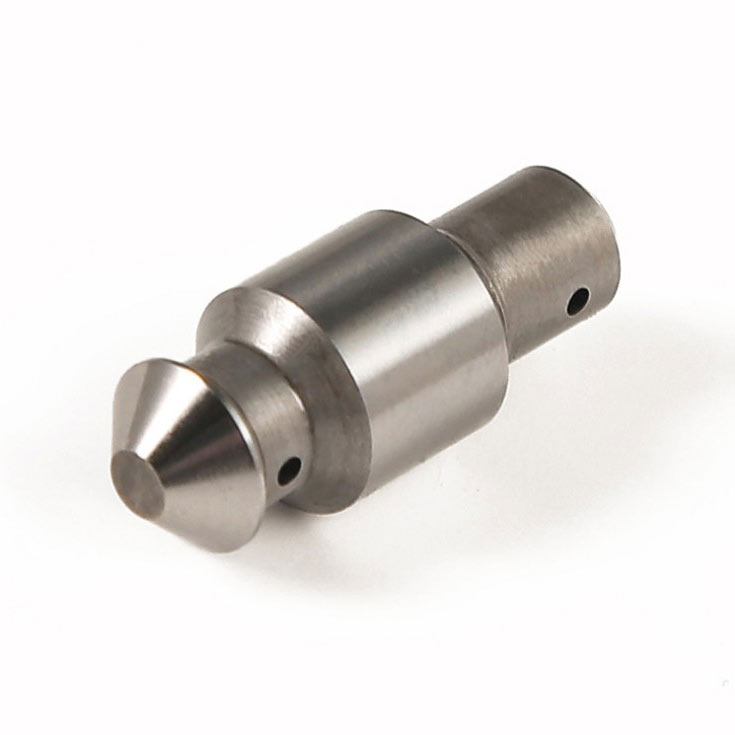
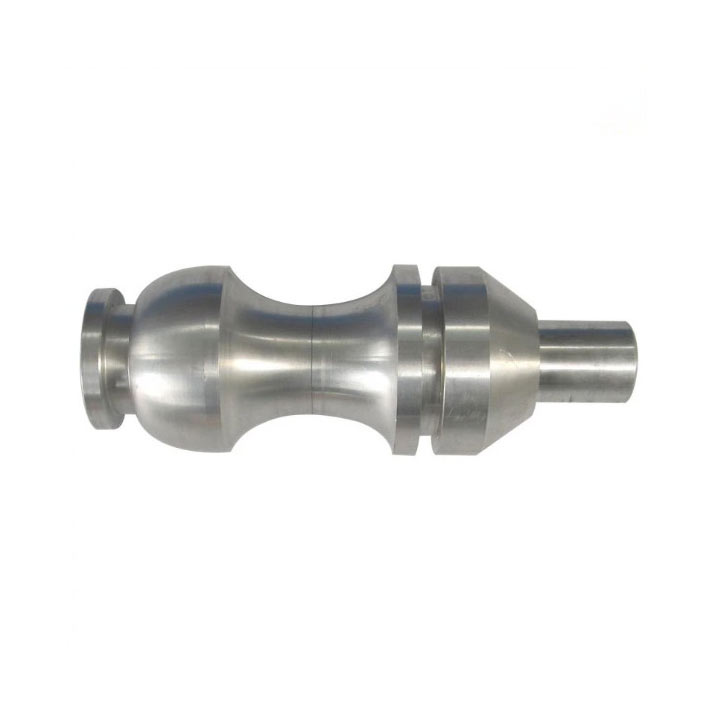
Lapping Services
When you require highly polished part ends, extremely tight length tolerances, and extraordinary flatness unavailable by any other production method, we employ our unique in-house lapping machines. We can process both tubes and solids using our experienced lapping, fine grinding, and flat honing capabilities, allowing us to meet your precision tolerance and surface finish requirements. Additionally, our flexible production capacity enables us to meet both large and small volume needs for precision small metal parts.
● 10 lapping machines holding length and thickness tolerances down to ± 0.0001” (0.0025 mm)
● Capable of Ra 2 microinch (Ra 0.050 μm) end finishes on both solid parts and tubes, including thin wall tubing and long length components
● Lengths from as short as 0.001″ (0.025 mm) to maximum 3.0″ (7.6 cm)
● Diameters as small as 0.001″ (0.025 mm)
● Custom techniques for correcting surface irregularities and achieving exceptional flatness and parallelism
● Surface metrology verified by multiple in-house LVDT systems and computerized profilometers
What Are The Best Materials For Surface Grinding?
Typical workpiece materials include cast iron and mild steel. These two materials don’t tend to clog the grinding wheel while being processed. Other materials are aluminum, stainless steel, brass and some plastics. When grinding at high temperatures, the material tends to become weakened and is more inclined to corrode. This can also result in a loss of magnetism in materials where this is applicable.
